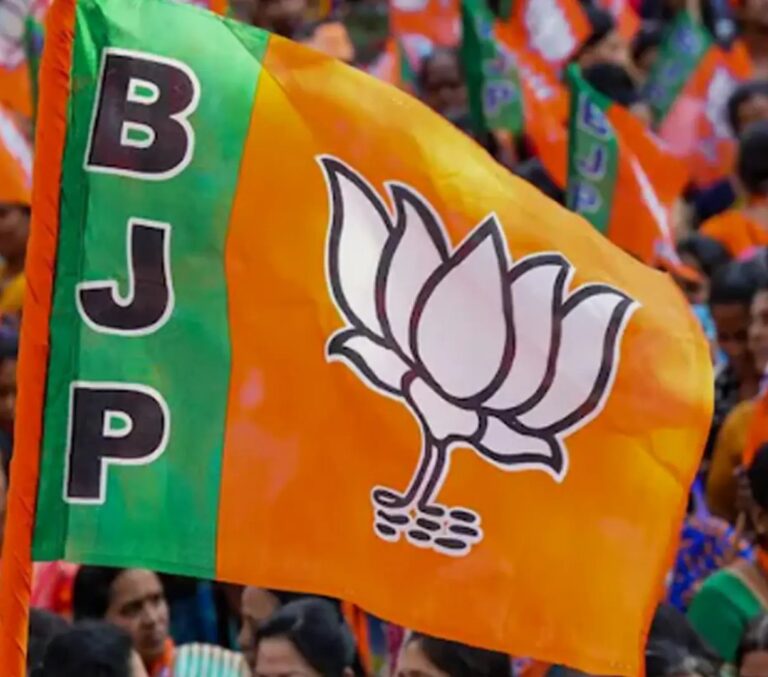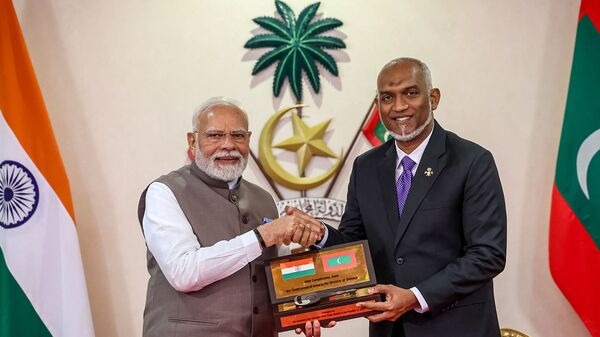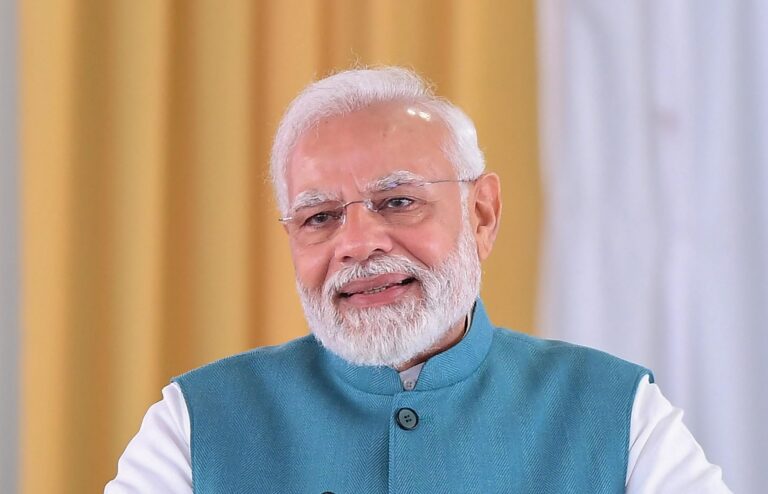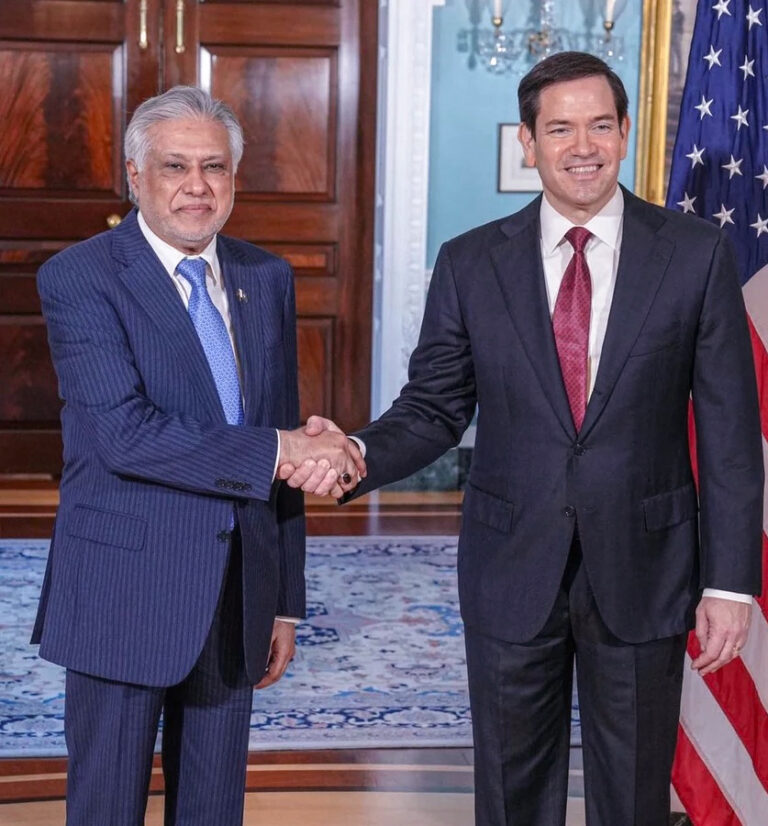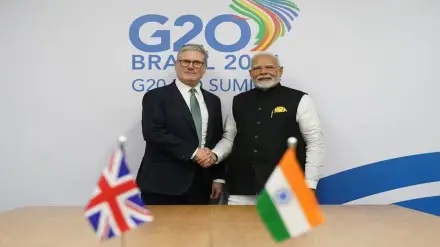
India and the United Kingdom signed a landmark Free Trade Agreement (FTA) on Thursday during Prime Minister Narendra Modi’s visit to the UK. Modi met his British counterpart Keir Starmer at Chequers, the official country residence of the UK Prime Minister, located about 50 kilometres northwest of London.
Narendra Modi described the signing of the India-UK trade pact as a milestone moment in bilateral relations. “Today marks a historic day in our relations. I am delighted that after the hard work of several years, today our two nations have signed the Comprehensive Economic and Trade Agreement,” Modi said.
“New opportunities will be created in British market for India’s agricultural produce and processed food industry,” he added.
This comes as PM Modi is currently on a two-day visit to the United Kingdom, which aims to strengthen bilateral ties in key areas such as defence, trade, and technology. The formalisation of the FTA has been a central outcome of the visit.
Following the signing of the FTA, Starmer said the deal would deliver significant economic advantages for both nations. The UK PM said, “This is the biggest and economically most significant trade deal the UK has made since leaving EU.”
“It is a deal that will bring huge benefits to both of our countries, boosting wages, raising living standards and putting more money in the pockets of working people,” he said.
“It is good for jobs, it is good for business, cutting tariffs and making trade cheaper, quicker and easier,” he added.
As part of the deal, India’s average tariff on goods imported from the United Kingdom will be reduced from 15 per cent to 3 per cent under the newly signed India-UK Free Trade Agreement, news agency ANI reported, citing a statement issued by the British government ahead of the formal signing ceremony.
The statement also noted that the agreement will ease market access for British exporters across a range of sectors, including soft drinks, cosmetics, automobiles, and medical devices.
The relaxation of import duties is expected to significantly benefit key labour-intensive sectors such as textiles, leather, footwear, and gems and jewellery, enhancing the competitiveness of Indian goods in the UK market.
Background of India-UK Free Trade Agreement
On May 6 this year, Modi and Starmer jointly announced the conclusion of the long-negotiated Free Trade Agreement (FTA), describing it as a mutually beneficial and forward-looking pact.
The agreement, aligned with India’s vision of Viksit Bharat 2047, aims to complement the growth ambitions of both nations.
The core objective of the deal is to reduce or eliminate tariffs on imports and exports, thereby making products from both countries more competitive in each other’s markets.
The two countries have set a target to increase bilateral trade to USD 120 billion by 2030. After the formal signing of the agreement on Thursday, PM Modi said, “The FTA is expected to boost key sectors including Indian textiles, footwear, gems & jewellery, seafood, and engineering goods.” He added that these sectors would now enjoy enhanced market access in the UK.
According to a statement issued by India’s Commerce and Industry Ministry on May 6, “The FTA ensures comprehensive market access for goods, across all sectors, covering all of India’s export interests. India will gain from tariff elimination on about 99% of the tariff lines covering almost 100 per cent of the trade value offering huge opportunities for increase in the bilateral trade between India and the UK.”
The FTA is also projected to unlock new avenues for economic growth and job creation, particularly for India’s youth.
Key takeaways from the India-UK Free Trade Agreement
The pact between New Delhi and London is set to benefit key services sectors, including Information Technology (IT), IT-enabled Services (ITeS), financial services, professional services, such as management consultancy, architecture, and engineering, and education-related services, reported news agency ANI.
In addition to services, the agreement provides duty-free access to the UK market for labour-intensive Indian exports such as textiles, leather, footwear, furniture, gems and jewellery, and sports goods.
The UK currently imports over USD 23 billion worth of such products annually, offering considerable potential for increased production and employment in India, especially among young workers.
One of the deal’s key highlights is the exemption from social security contributions in the UK for Indian professionals on temporary assignments of up to three years.
This change will result in significant financial gains for Indian service providers and improve their competitiveness. It also makes international assignments more attractive for Indian youth, offering them valuable global exposure.
The FTA also aims to simplify business processes by promoting transparency, regulatory coherence, and public consultation, which is expected to benefit young entrepreneurs.
The Digital Trade Chapter focuses on building a secure and open digital ecosystem through cybersecurity provisions and consumer protections, helping youth explore careers in the digital economy.
The agreement also provides for cooperation in areas such as skill development and recognition of qualifications, supporting efforts to align Indian skill sets with global market requirements, thereby increasing the employability of Indian youth both in India and abroad,” the statement added.
